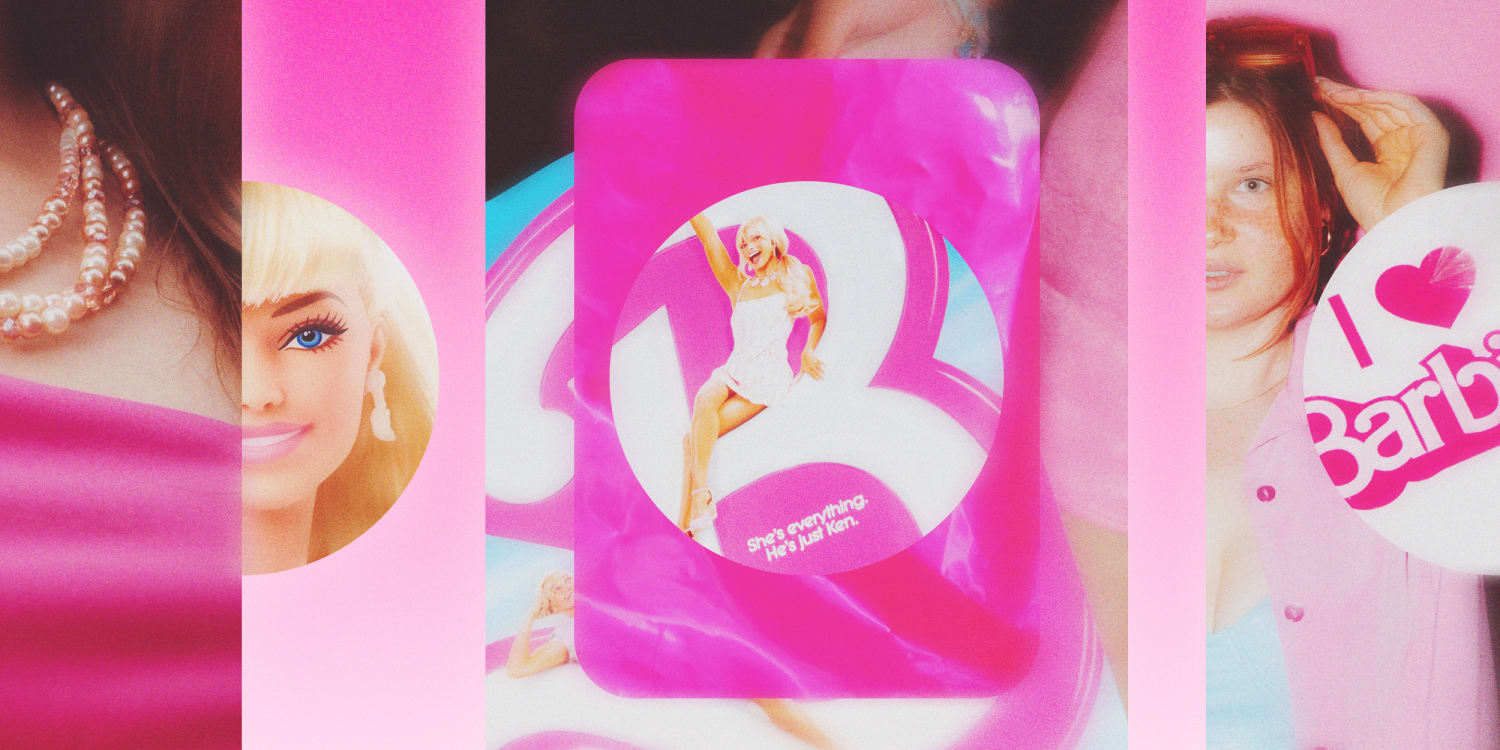
Still, Barbie has also been viewed by some groups as a progressive icon for women.
Her initial “Barbie Home,” a cardboard ranch house released in 1962, was “strikingly masculine,” according to The New York Times. Based on the home, Barbie was a single woman, attending college, who had no children and no kitchen. Barbie only got her first kitchen in 1972’s Bohemian Townhouse.
And while her origin was criticized for being predominantly white, both social pressure and marketing sensibility led to more diversity in the Barbie lineup.
The first diversity in Barbie’s world came in 1968 with the release of Christie, a Black doll in the Barbie collection. An official African American Barbie and a Latina Barbie were released in 1980. That same year, more than 40 international Barbie dolls were released.
In recent years, Barbie has introduced collections recognizing iconic women such as Amelia Earhart, the female aviator, Frida Kahlo, the Mexican painter, and Katherine Johnson, the Black mathematician and NASA employee, as well as dolls — branded Barbie Fashionistas — with four body types, seven skin tones, 22 eye colors and 24 hairstyles.
Still, “Barbie continues to be a fraught icon,” Hannah McCann, senior lecturer of cultural studies at the University of Melbourne, said in an email.
“On the one hand, she is seen as representing unrealistic patriarchal beauty expectations,” McCann said. “On the other hand, Barbie is celebrated as the ultimate ‘girl boss’ who has done every job imaginable.”
While Barbie is an aspirational figure, she has also been a vessel for kids to project their own desires and goals. Andi Davids, global head of strategy at branding agency Bulletproof Brands, said that Barbie’s relevance has persisted through the years because the brand roots itself in the fundamental human experience of imagining what people will be when they grow up.
“Barbie has always been a reflection of the culture around her and specifically the role of femininity and womanhood around her,” she said.
The rise of ‘bimbo feminism’ has created an opening for Barbie
Different ideas for a “Barbie” movie have long percolated in Hollywood. “Juno” screenwriter Diablo Cody, who was previously hired to write the movie’s script, told GQ that she was unable to figure out a draft because “the culture had not embraced the femme or the bimbo as valid feminist archetypes yet.”
“If you look up ‘Barbie’ on TikTok you’ll find this wonderful subculture that celebrates the feminine, but in 2014, taking this skinny blonde white doll and making her into a heroine was a tall order,” Cody told GQ.
Source: | This article originally belongs to Nbcnews.com









